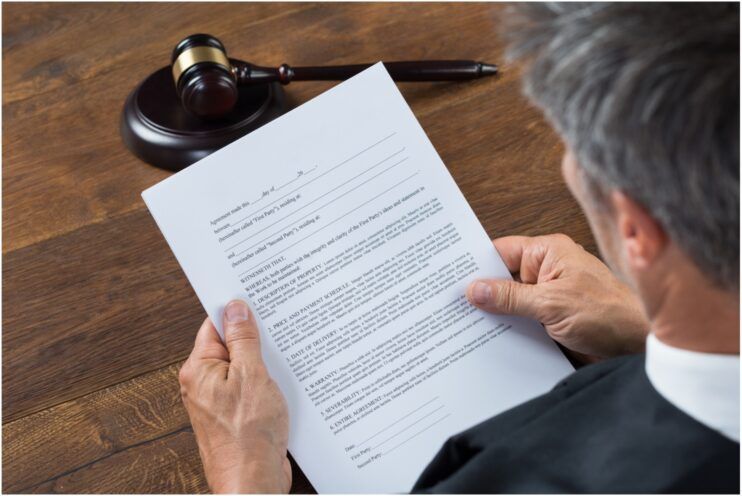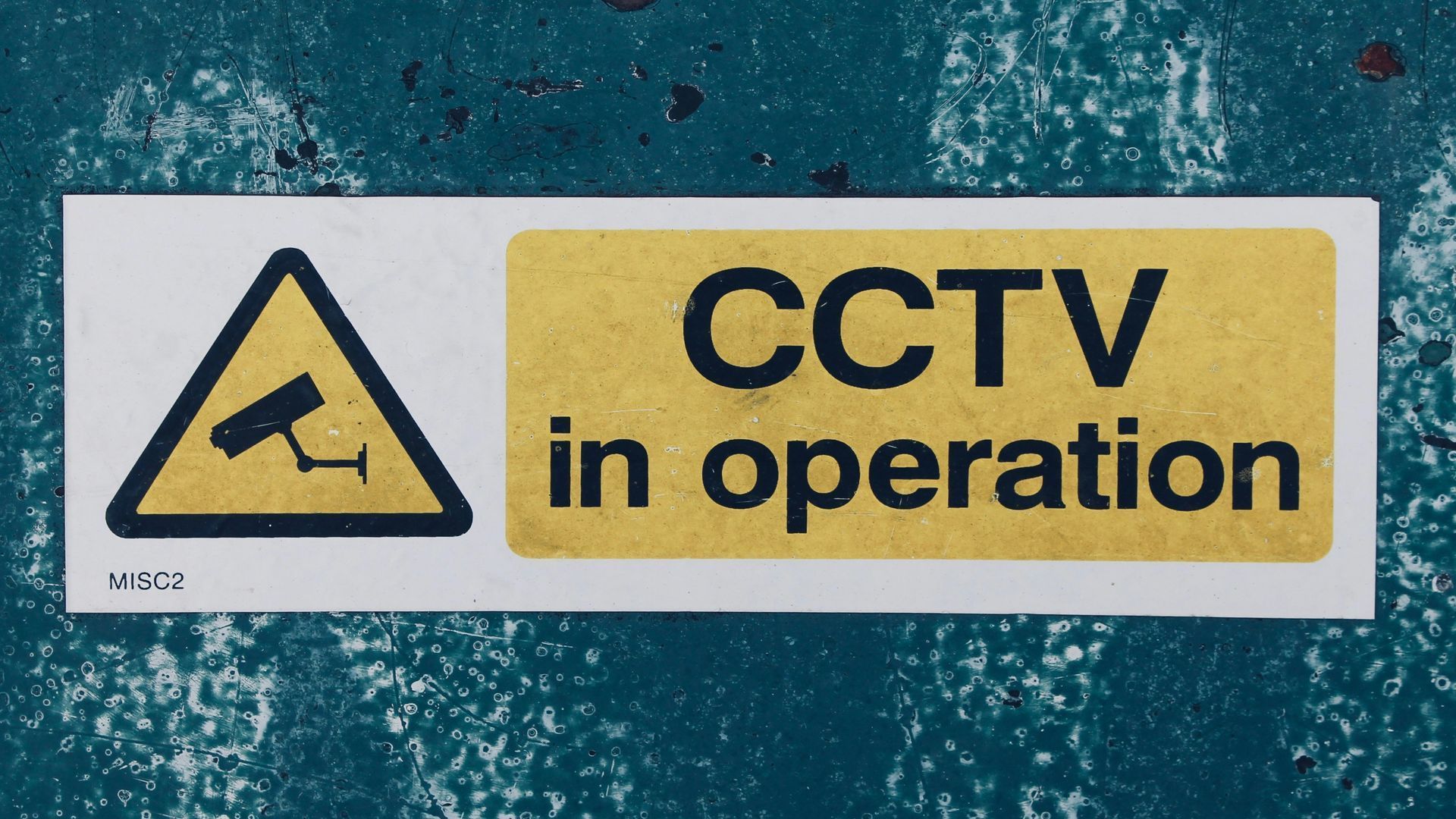Get in touch
0800 652 1117
info@flexible-storage.co.uk

WHAT ARE THE RETENTION PERIODS FOR LEGAL DOCUMENTS?
Having a good records management strategy is essential for Law firms owing to the vast number of sensitive documents that they handle, which may include various forms of agreements, instructions, and case notes, among other things. The general consensus is that the minimum legal document retention time for most types of records should be at least six years, as this is the primary limitation period under the Limitation Act of 1980. Other legal documents, on the other hand, must be retained for a period of at least 15 years or more.Some businesses will keep all of their records in order to be prepared for any potential problems in the future.
However, this strategy can take up a lot of physical space, and it can be time-consuming and expensive to properly sort and preserve documents. This is where having a working grasp of more specific legal records keeping laws can be extremely beneficial. This short guide will emphasise some of the most important aspects of legal document preservation that you should be aware of, and it should serve as a reminder of the kind of papers that you should maintain.
Legal records that must be retained for a period of at least six years
As previously stated, many legal documents should be kept for a period of six years, as this is the principal limitation period under the 1980 Limitation Act. This includes records pertaining to the following:
- Crime
- Immigration
- Litigation in County Court
- Debt collection
- Legal records that must be retained for a period of at least fifteen years
Certain files should be kept for a period of 15 years, in accordance with the long-stop provision of section 14B of the Limitation Act of 1980. These documents are pertinent in circumstances where claims may be asserted outside the principal limitation period. This includes records pertaining to the following:
- Children and family matters
- Commercial transactions
- Financial Services
- Matrimonial matters
- Commercial property
- Property sales
- Residential property purchases
- Probate
- Sales of leasehold properties
- Employment
- Personal injury
- Legal records that must be retained for longer than 15 years
Other more critical files should be retained for a longer period of time than 15 years - ideally, they will not be discarded at all. These records include the following:
- Change of name
- Company formation
- Court of Protection
- Declaration of trust
- Patents/intellectual property matters
- Pension schemes
- Lasting power of attorney and enduring power of attorney
- Wills
- Deeds and Wills storage
Only original wills and deeds are legally binding, which is why it is critical to have the originals safely stored. Wills are subject to modification and updating over time, but the most recent version will be used in court to divide an estate. Additionally, original deeds may contain other information that may be beneficial in the event of a dispute, such as legal borders and the prior owner.Different law firms will have varying practises on how long they retain an original will or deed, with some holding it permanently while others retain it for a finite period (30 years from creation, for example). Whatever the rule, it is critical that it is communicated clearly to the customer and organised in such a way that records retrieval is made simple when necessary.
Possession of legal files
Prior to destroying a legal document, it is necessary to ascertain who owns the document's contents. The majority of records will contain documents that are yours and those that belong to the client or third parties. Documents in your custody on behalf of a customer or a third party must be handled precisely according to their instructions - not yours.
Safe storage
Working with a dedicated document storage specialist such as Flexible Storage Solutions third-party document storage provider can assume the responsibility for document retention on your behalf, ensuring that you are compliant with all applicable rules and have access to your papers at any time. To learn more about our services, visit our website. If you wish to learn more about storage solutions and related topics, visit our blog.
All rights reserved. Flexible Storage Limited.
Head Office: Flexible House, Watson Cl, West Thurrock, Grays, RM20 3EF
03330 381800 | 05404187








